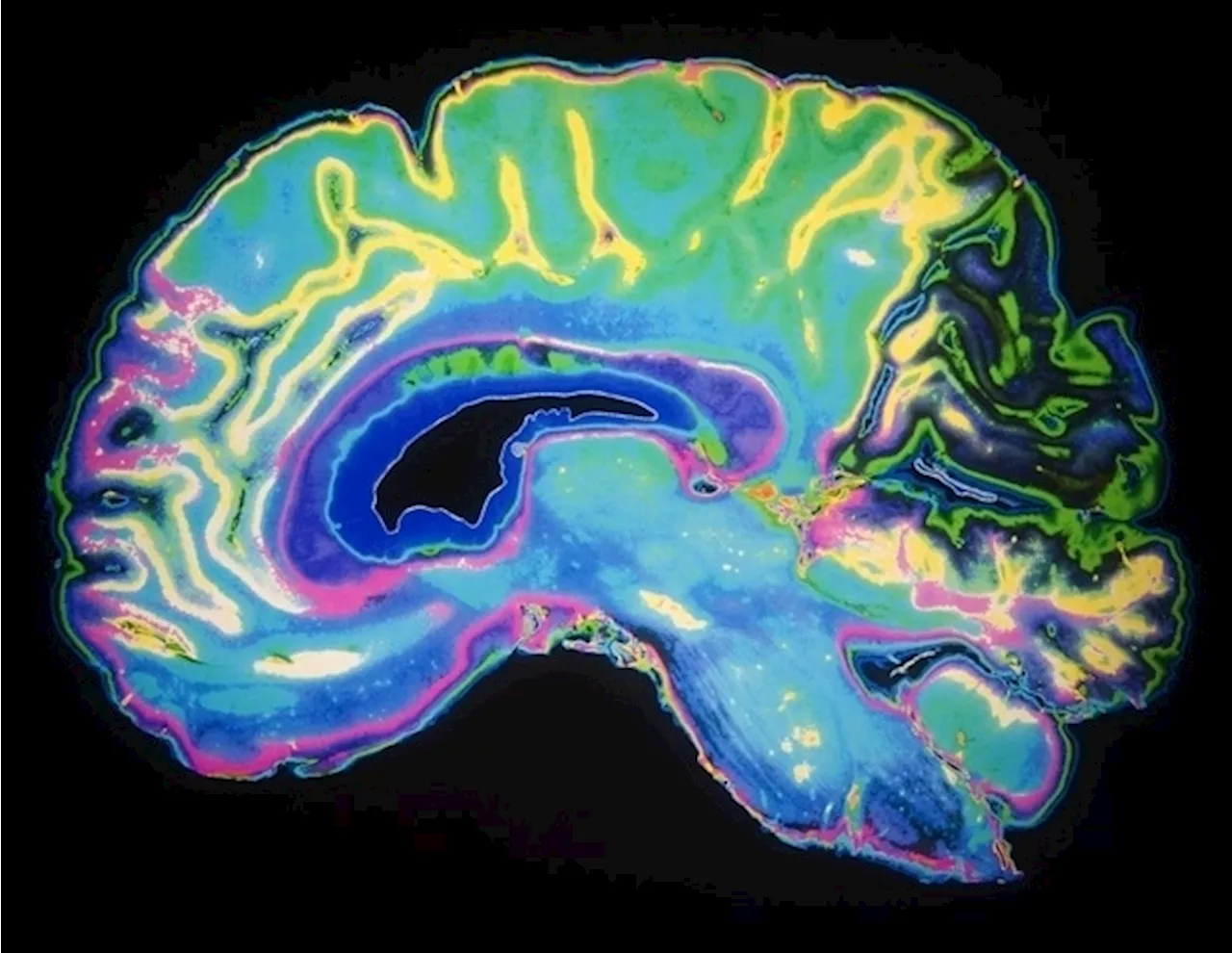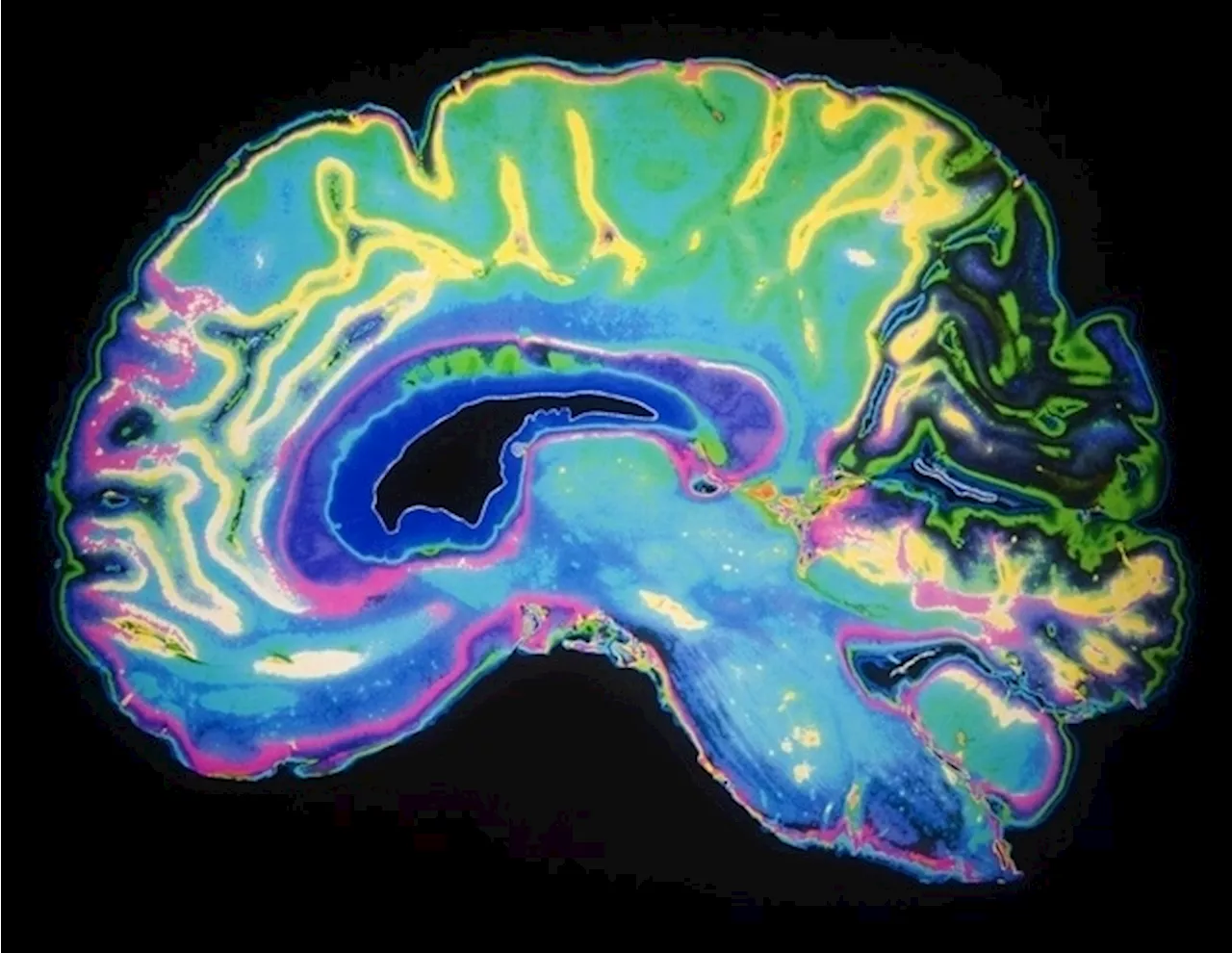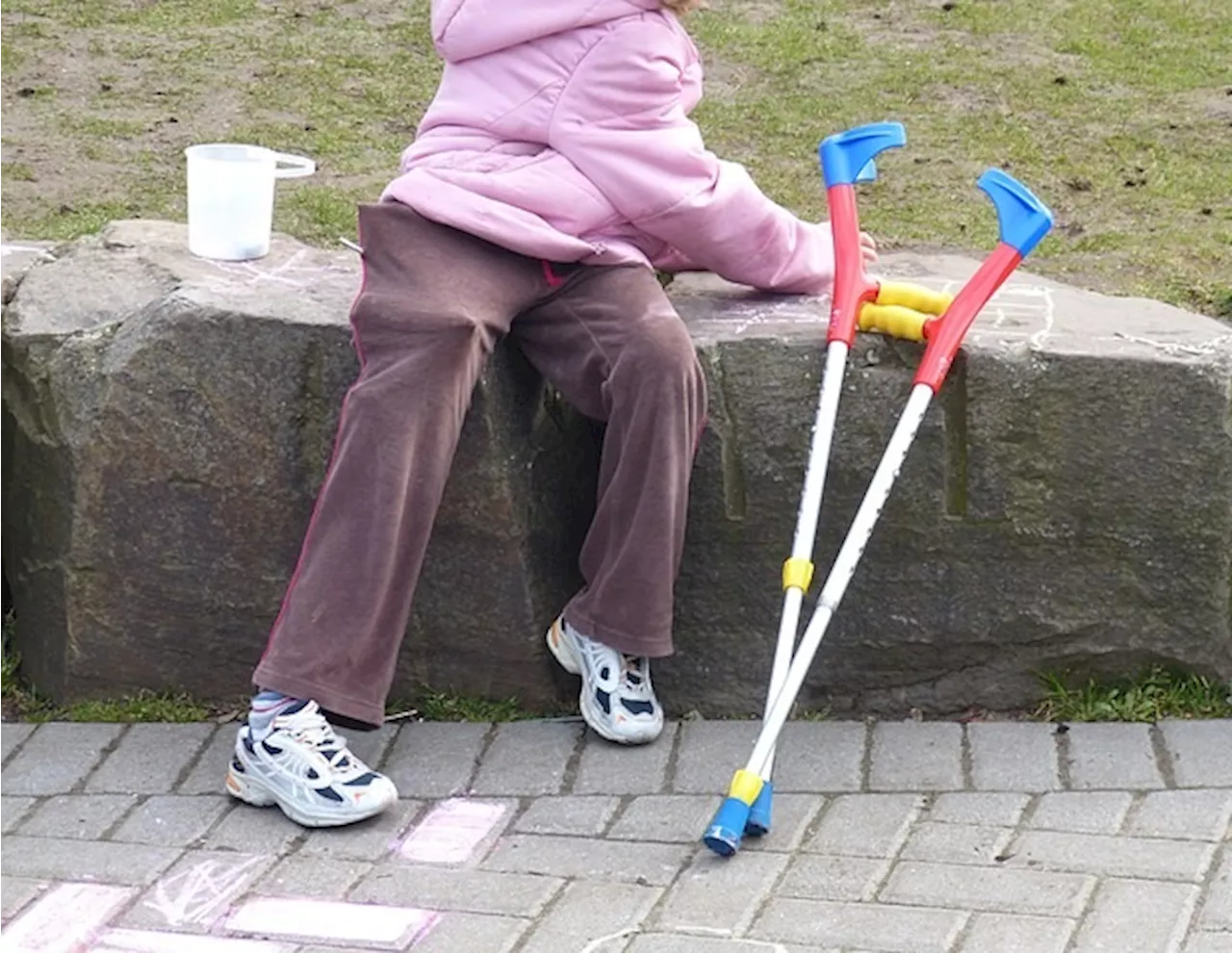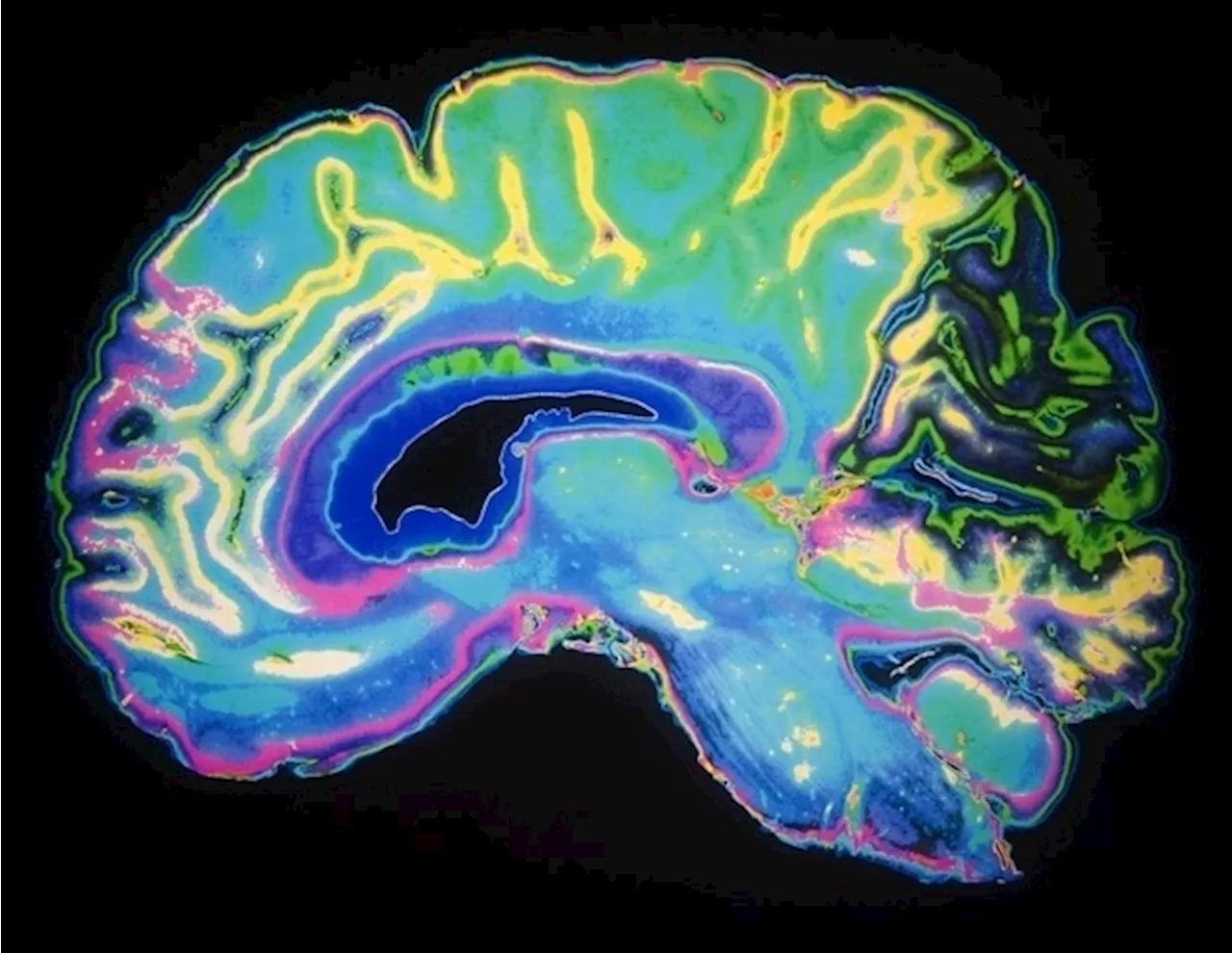A new study by the University of California, Irvine, challenges the long-held belief that cardiovascular conditions like high blood pressure and diabetes increase the risk of brain damage in older adults. The research suggests a more complex relationship between blood pressure, vascular health, and brain aging.
A study led by the University of California, Irvine has found cardiovascular conditions such as high blood pressure and diabetes, which are known to contribute to brain blood vessel damage in younger populations, not to be associated with an increased risk of such harm in individuals 90 and older.
The work, published online today in the journal Alzheimer's & Dementia: The Journal of the Alzheimer's Association, suggests that the relationship among blood pressure, vascular health and brain aging is more complex than previously thought. \\\'For decades, we've known that factors like high blood pressure and diabetes can injure blood vessels in the brain, increasing the risk for cognitive decline and dementia. However, our research found that these patterns may change as people age,' said corresponding author Dr. Ravi Rajmohan, UC Irvine clinical instructor of neurology. Even more intriguing, the use of blood pressure-lowering medication in this 90-plus group was linked to a lower likelihood of specific types of brain damage.' Dr. Ravi Rajmohan, Clinical Instructor, Neurology, University of California - Irvine \\\Team members analyzed the relationship between cardiovascular-related changes in the brain and self-reported vascular risk factors or use of heart-related medications by examining data from 267 participants in the National Institute on Aging's 90+ Study, one of the largest and most comprehensive research projects on the oldest-old population. They applied statistical models that accounted for age, sex and education and found that the presence of brain changes was not linked to traditional risk factors like high blood pressure or diabetes. In addition, they discovered that certain medications showed potential proactive effect
Cardiovascular Health Brain Aging Dementia High Blood Pressure Diabetes
United Kingdom Latest News, United Kingdom Headlines
Similar News:You can also read news stories similar to this one that we have collected from other news sources.
 First Real-World Study Finds Low Risk of Blood Cancer Associated with Clozapine UseA new study from the University of Hong Kong has found that the risk of blood cancer associated with the use of clozapine, a highly effective antipsychotic drug, is very low. The study suggests that with stringent blood monitoring measures, it may not be necessary to further restrict the use of clozapine.
First Real-World Study Finds Low Risk of Blood Cancer Associated with Clozapine UseA new study from the University of Hong Kong has found that the risk of blood cancer associated with the use of clozapine, a highly effective antipsychotic drug, is very low. The study suggests that with stringent blood monitoring measures, it may not be necessary to further restrict the use of clozapine.
Read more »
 Study reveals link between dyslexia genes and brain structureDyslexia is a common learning difficulty in which genes often play a role.
Study reveals link between dyslexia genes and brain structureDyslexia is a common learning difficulty in which genes often play a role.
Read more »
 Renewable electricity to overtake fossil fuels in UK this yearWind closes in on gas as largest single generation source, study finds
Renewable electricity to overtake fossil fuels in UK this yearWind closes in on gas as largest single generation source, study finds
Read more »
 Study finds key brain markers for gaming addiction in adolescentsPlaying video games is a rite of passage for many adolescents, but for some, it could also be the first step to a gaming addiction.
Study finds key brain markers for gaming addiction in adolescentsPlaying video games is a rite of passage for many adolescents, but for some, it could also be the first step to a gaming addiction.
Read more »
 Indirect Brain Damage to Thalamus Contributes to Stroke Disability, Study FindsA recent study from Simon Fraser University researchers reveals how damage to the thalamus, a brain region that regulates crucial functions, contributes to long-term disability after a stroke. Even though the thalamus itself wasn't directly damaged, researchers found it was affected months or years after a stroke, potentially leading to new therapies.
Indirect Brain Damage to Thalamus Contributes to Stroke Disability, Study FindsA recent study from Simon Fraser University researchers reveals how damage to the thalamus, a brain region that regulates crucial functions, contributes to long-term disability after a stroke. Even though the thalamus itself wasn't directly damaged, researchers found it was affected months or years after a stroke, potentially leading to new therapies.
Read more »
 Study unveils NAD's link to aging and disease developmentUiB researchers are behind a new discovery that tells us how associated neurodegenerative diseases might develop.
Study unveils NAD's link to aging and disease developmentUiB researchers are behind a new discovery that tells us how associated neurodegenerative diseases might develop.
Read more »
